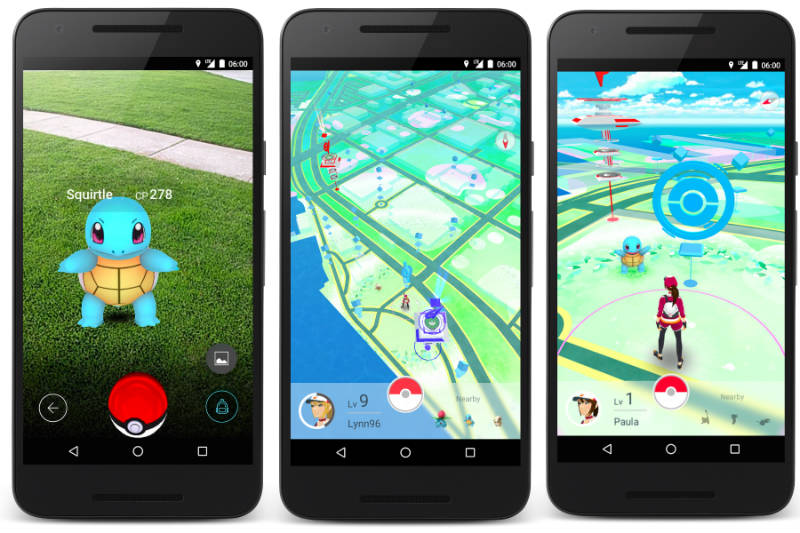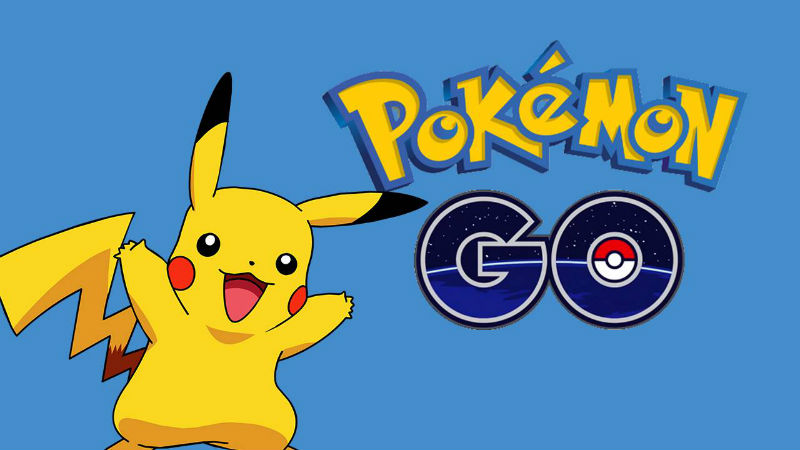All three of my kids were born in Japan, but the youngest has always had the strongest affinity for Japan’s popular anime characters. As a toddler, his world was filled with Anpanman and his weird array of bread-themed superhero buddies. In recent years he’s been obsessed with Pikachu and the 739 other “pocket monsters” that populate the Pokémon universe. Even though they’ve been around since 1995, well before my kids were born, Pikachu and friends have ridden the wave of anime’s global boom and managed to stay relevant and popular. Along with Hello Kitty, they are known worldwide on a par with Disney’s most famous characters.
At school, my son and his friends collect, trade and battle with their bulging packs of Pokémon cards. All very analog and 20th century and relatable to what I did as a kid. But the times have changed, and my case for refusing to let my son have a smartphone has just got a lot harder to defend.

An augmented reality smartphone game created by the San Francisco based Google-spin-out Niantic Labs – a joint-venture between Google, Nintendo and The Pokémon Company – Pokémon Go has been getting big headlines worldwide recently (both good and bad). Its popularity has been such that release in the UK had to be postponed for fear of it literally breaking the internet.
Although created and owned by The Pokémon Company, Pikachu & Co are generally associated with Nintendo, who published the original Pokémon games on their Game Boy platform. And there seems to be hope that Nintendo is finally in a position to reverse the steady decline in its fortunes since it enjoyed a massive revenue boom in 2006-2009, and that’s thanks to the little yellow monster. Nintendo’s market cap has risen from US$20 billion on July 6 to US$31.5 billion on July 13, 2016. The Pokémon Company has estimated the world market for its characters at US$48 billion.
But back to those bad headlines. They generally relate to cases where smartphone users get so caught up in the augmented reality that they walk (or skate!) into accidents. Or the game is used by criminals as a trap to lure unsuspecting victims with the promise of rare characters at a certain location. There’s no such thing as bad publicity, of course, so these incidents will just be added to the long list of Pokémon-related controversy – some ridiculous examples of political correctness, like the manji (reverse swastikas) and six-pointed stars on cards, or “Pokémon evolution” upsetting creationists; and others more real, like the flashing images in a 1997 TV episode that caused epileptic seizures in hundreds of Japanese kids.
One thing is for sure – Pikachu, Squirtle and pals are back in business, and business is good.

